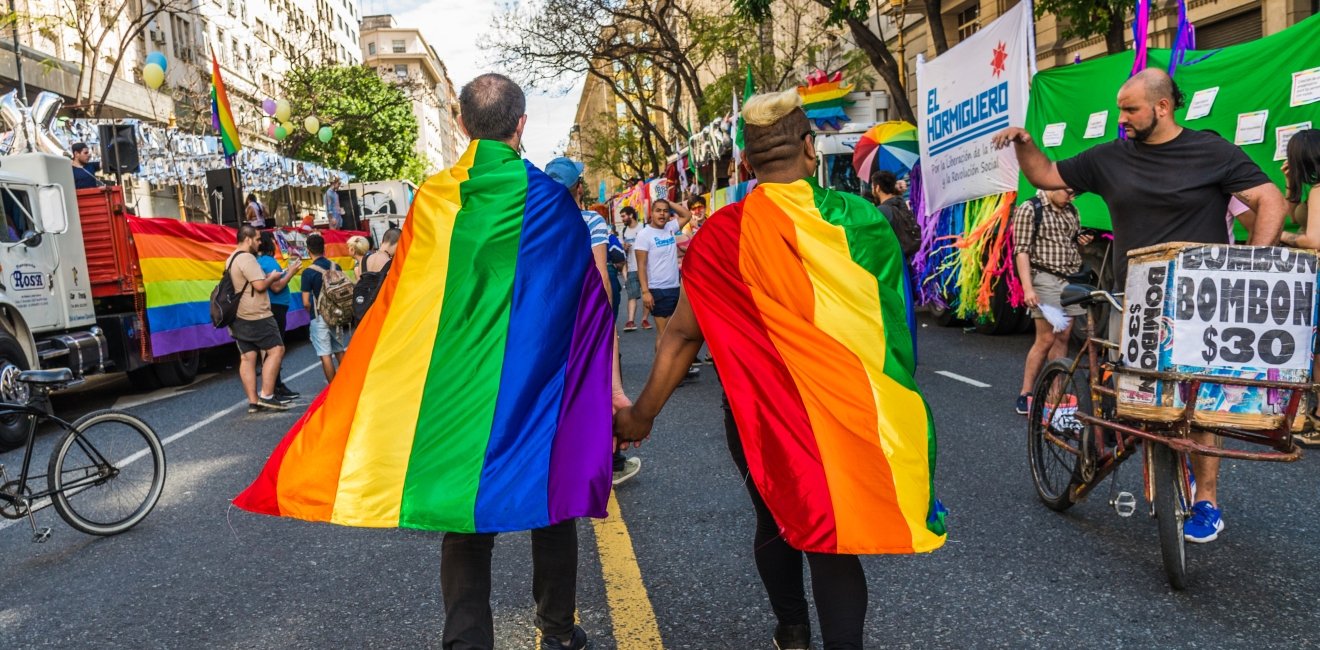
A blog of the Latin America Program
Over the past decade, Latin America has stood out for its recognition of LGBTQ+ rights. Outside of the Caribbean, the majority of countries in the region have decriminalized same-sex sexual acts between consenting adults. In Bolivia, Cuba, Ecuador and Mexico, LGBTQ+ individuals are constitutionally protected from discrimination based upon sexual orientation. Elsewhere, many of the region’s constitutions now include broad non-discrimination clauses that offer some protection to LGBTQ+ citizens. Since 2010, eight countries have approved laws prohibiting discrimination based upon sexual orientation.
Latin America has also made impressive progress on marriage equality. In 2010, Argentina became the first country in the region to approve same-sex marriage; 20,000 same-sex Argentine couples have since married. In 2013, neighboring Brazil and Uruguay followed suit, and later Colombia (2016), Ecuador (2019) and Costa Rica (2020). In 2019, the Mexican Supreme Court declared bans on same-sex marriage unconstitutional. In Chile, President Sebastián Piñera vowed earlier this month to advance a marriage equality bill stalled in congress since 2017.
However, a number of obstacles stand in the way of further progress. LGBTQ+ activists face backlash from social and religious conservatives, and some leaders, including Presidents Nayib Bukele of El Salvador and Jair Bolsonaro of Brazil, are openly hostile to LGBTQ+ rights. In the Eastern Caribbean, Human Rights Watch has condemned “discriminatory legislation” that leaves LGBTQ+ populations “ready victims of discrimination, violence and abuse.”

Author


Latin America Program
The Wilson Center’s prestigious Latin America Program provides non-partisan expertise to a broad community of decision makers in the United States and Latin America on critical policy issues facing the Hemisphere. The Program provides insightful and actionable research for policymakers, private sector leaders, journalists, and public intellectuals in the United States and Latin America. To bridge the gap between scholarship and policy action, it fosters new inquiry, sponsors high-level public and private meetings among multiple stakeholders, and explores policy options to improve outcomes for citizens throughout the Americas. Drawing on the Wilson Center’s strength as the nation’s key non-partisan policy forum, the Program serves as a trusted source of analysis and a vital point of contact between the worlds of scholarship and action. Read more


Argentina Project
The Argentina Project is the premier institution for policy-relevant research on politics and economics in Argentina. Read more

Explore More in Weekly Asado
Browse Weekly Asado
Dengue Haunts South America’s Summers

Lessons from Costa Rica’s Economic Transformation

Women and Latin America’s Digital Revolution

